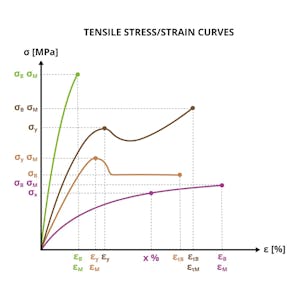Introduction to NLP and Syntactic Processing
About this Course
Begin your journey into Natural Language Processing (NLP) with an introduction to text data and encoding techniques, delving into the intricacies of regular expressions through extensive practice and use cases. Progress to lexical processing, learning to handle stopwords, split words, and implement bag-of-words and Tf-IDF models, applying these techniques to tasks like spam detection through detailed case studies. Advance to sophisticated lexical processing topics like spelling correction models and the Soundex algorithm, exploring practical implementations via Levenshtein Distance and spell correctors, and tackling challenges such as handling combined words like \"New Delhi.\" This section solidifies your ability to preprocess and clean text data effectively. Transition to syntactic processing, covering parsing and grammar for English sentences, intermediate topics like stochastic parsing, the Viterbi algorithm, and Hidden Markov Models, reinforced through case studies and practical applications. Finally, tackle advanced syntactic processing techniques, including CFG grammar, top-down and bottom-up parsing, and probabilistic approaches like PCFG, concluding with a real-world project on information extraction through a comprehensive case study on ATIS flight reservations. Designed for aspiring NLP practitioners, data scientists, and software engineers, this course enhances understanding of syntactic processing, with a basic knowledge of Python programming and familiarity with machine learning concepts recommended.Created by: Packt

Related Online Courses
The Juniper Networks Security Fundamentals specialization provides students a brief overview of cybersecurity problems and how Juniper Networks approaches a complete security solution with Juniper... more
In the culminating project, you will develop new trading strategies, evaluate them using the tools learned in the course, integrate them with the existing portfolio and also develop a plan to start... more
This course will explore higher-level details about phase diagrams, including the Fe-Fe3C phase diagram. We will use the Fe-Fe3C phase diagram to predict the possible phases and microstructures of... more
In this course, you will develop the knowledge and skills to assess and stabilize certain types of patients for transport. By the end of this course, you will be able to: (1) Identify the signs and... more
This specialization is for those who want to study English grammar at the beginning level. Through the three courses in this specialization, you will learn the fundamental features of English... more








